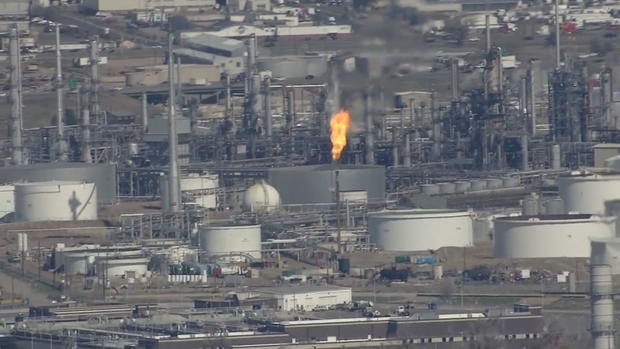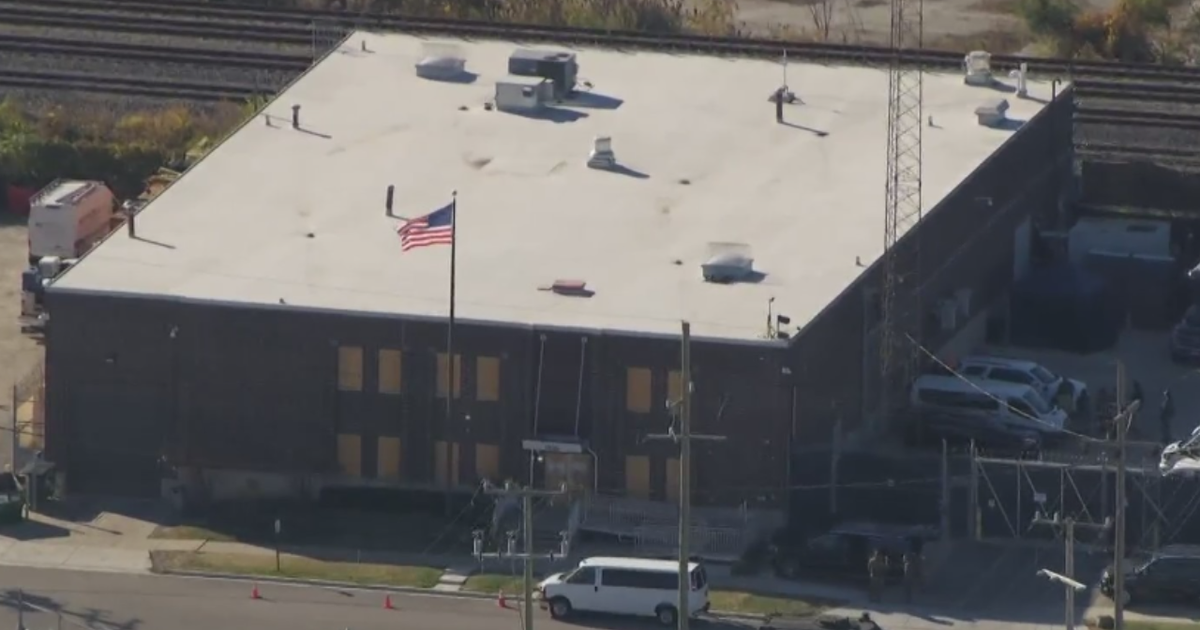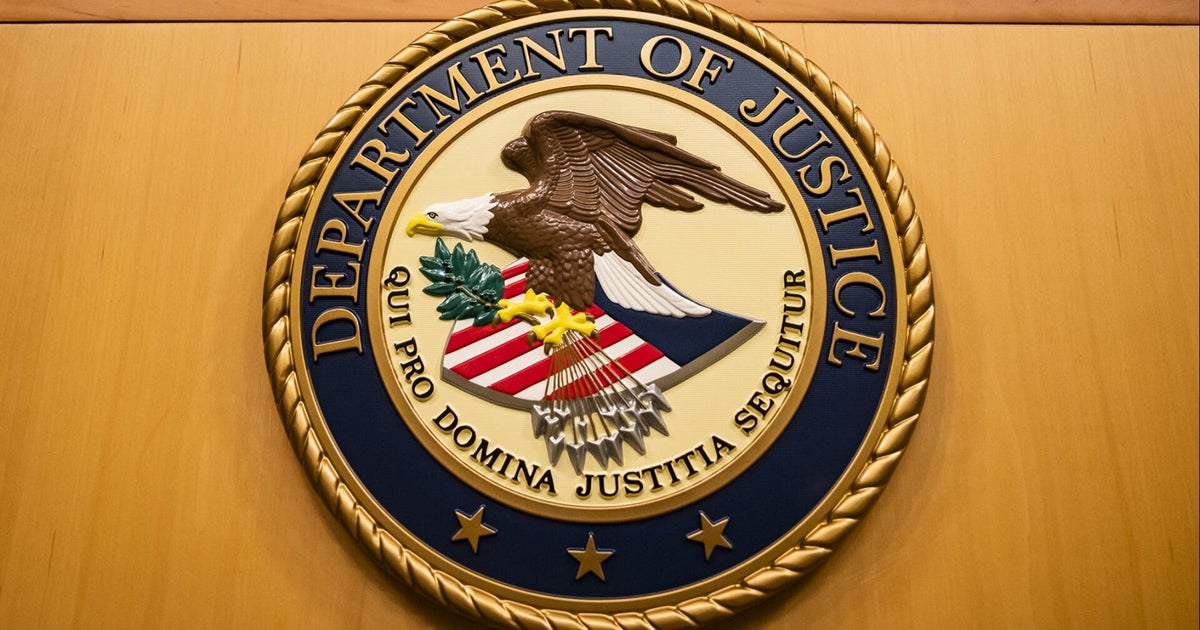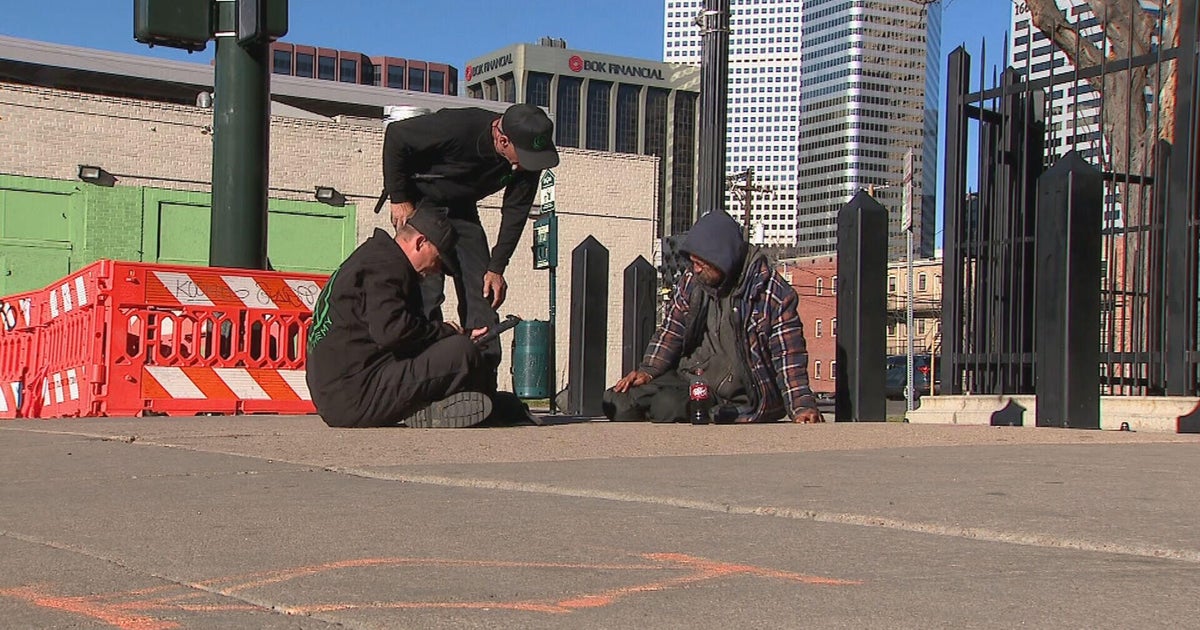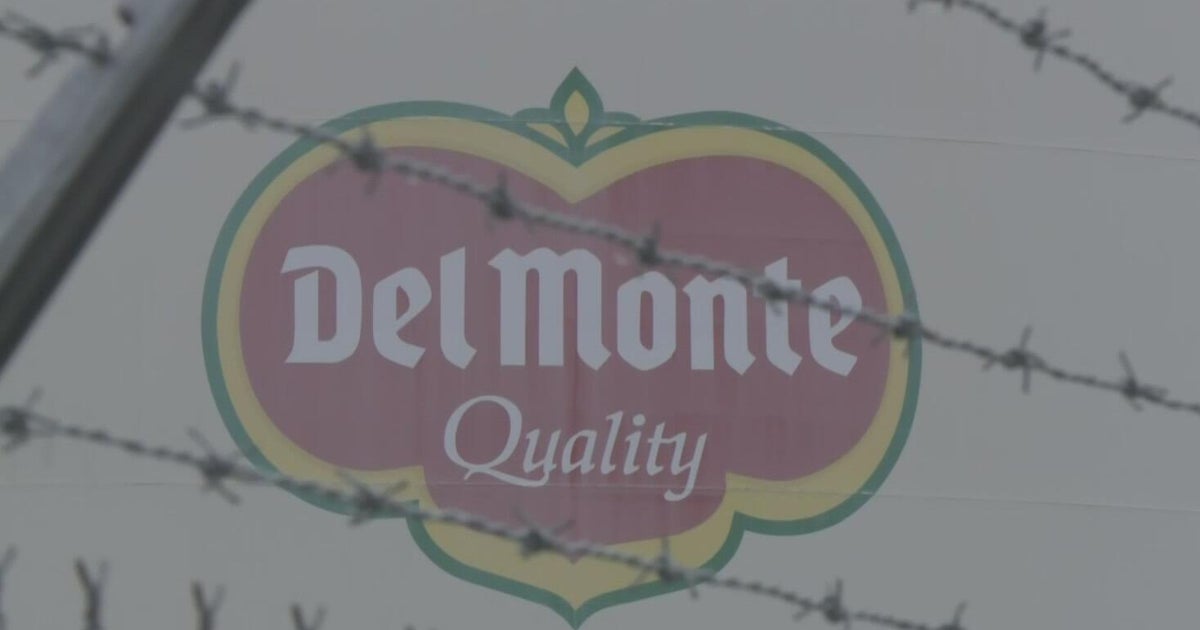Suncor fined $10+ million for air pollution violations, the largest settlement of its kind reached in Colorado
The Suncor refinery has been fined $10.5 million for air pollution violations from July 2019 through June 2021. According to the Colorado Department of Public Health and Environment, this settlement "holds Suncor accountable for past violations and requires the refinery to take steps to prevent future violations."
In a separate action, CDPHE ensured more data and transparency in Suncor's air pollution monitoring around the facility's fence line. The refinery must double the number of air pollution monitors compared to the refinery's original fenceline monitoring plan.
The CDPHE said this will help protect clean air for all, ensure accountability and compliance with air regulations and keep local communities informed.
"This historic enforcement package, which includes both a penalty and required facility improvement projects, is the largest our agency has ever reached for a single facility for air pollution. Today's actions demonstrate our unwavering commitment to environmental protection and the health of our residents. The agency will continue to use every tool available to prevent Suncor from having future violations," said Jill Hunsaker Ryan, executive director of the Colorado Department of Public Health and Environment, in a statement.
The $10.5 million package is the largest that Colorado has ever reached against a single facility for air pollution violations.
Last fall, the Environmental Protection Agency reached a settlement with Suncor over alleged violations of the Clean Air Act's fuels requirements at the company's Commerce City refineries. In that settlement, Suncor agreed to pay a $160,660 civil penalty and as well as implement an environmental project where it will spend at least $600,000 in electric lawn and garden equipment for Commerce City area residents, schools and local governments.
CBS News Colorado spoke with residents who live near the refinery who question how much of a difference this large settlement will make for a longstanding air pollution problem in the area.
"[It's] pocket change again. It's just another slap on the hand, at least for us. I mean none of that funding is going to the community," said Lucy Molina, who has been an activist against Suncor's air pollution for over a decade. "They're not our good friends, they're not our good neighbor. They need to get out of here is what they need to do."
Molina and her family live within walking distance from the refinery in Commerce City. While she says this could be a small step to holding Suncor accountable, she says a lot of the damage has already been done to the health and safety of people in their neighborhood.
"I see cases of brain cancer, stomach cancers, a lot of cancers. I mean cancer is kind of normal," she said. "We can do better."
Michael Nabozny, who used to live near Suncor, argues the company could be paying up more and worries they may not fulfill all their promises of providing transparency in monitoring moving forward.
"Good if they do it. Do I trust them? No. I don't trust them at all," said Nabozny.
In Adams County, leaders with the Board of County Commissioners are encouraged by the penalties.
"This is just one thing they need to do, to begin to comply with the regulations. We also need to support the Air Pollution Control Division at the State of Colorado. They really need a refinery expert to be able to monitor these repairs and make sure they're up to industry standards and are actually functioning as designed," said Board Chair Emma Pinter.
The Canadian-owned energy company is located in Commerce City, about 5 miles northeast of Denver.
Suncor released this statement to CBS News Colorado:
Suncor is committed to continuous improvement and meeting our regulatory requirements. We have already achieved some environmental improvements, including total hours of exceedances decreasing around 26 percent in 2023 compared to 2022.
Under the terms of the settlement, Suncor has agreed to pay a total of $2.5 million in penalties and has committed to implement projects at the Commerce City Refinery to improve electrical reliability at a minimum cost of $8 million. A plan for these projects is still being determined and will be submitted to the CDPHE. The work must be completed by December 31, 2026.
The fenceline monitoring settlement was the result of successful dialog and negotiation with the CDPHE. While the lawsuit was pending, Suncor voluntarily installed an interim fenceline monitoring system that was launched on January 1, 2023, and met the requirements of the fenceline monitoring law. Data from our fenceline monitoring system indicates that measured covered air toxic compounds have remained below detection since the program began. This system can be accessed in real time at https://suncor.data.spectrumenvsoln.com/. The final fenceline monitoring system will be operational by the end of this year.
Our commitment to air monitoring extends beyond this fenceline monitoring program. That's why we voluntarily developed and launched a community air monitoring program for the Commerce City and North Denver neighborhoods in 2021 with input from the community, regulators and other stakeholders. Data gathered from that program, with monitors placed throughout the community, shows that levels have consistently remained below the acute and chronic health-protective guideline values routinely used by state and federal public health agencies.
Additional Information from CDPHE:
The total penalties in the enforcement package amount to $2.5 million. Of this amount, about $1.3 million will fund projects to benefit disproportionately impacted communities through the state's environmental justice grant program, and about 40% will go toward the state's general fund. A small portion will go to the U.S. Environmental Protection Agency as required by a previous joint U.S. EPA/Colorado enforcement action.
No less than $8 million will go toward projects Suncor must complete. This work aims to minimize excess air pollution from recurring due to power-related causes.
Many of Suncor's violations were associated with power disruptions. The enforcement package addresses air pollution violations between July 2019 and June 2021. The violations included:
- Exceeding sulfur dioxide, carbon monoxide, and nitrogen oxides emissions limits.
- Exceeding hydrogen sulfide concentration limits.
- Exceeding opacity and visible emissions standards.
- Failing to meet certain operating parameters.
- Violations due to causes other than power disruptions.

